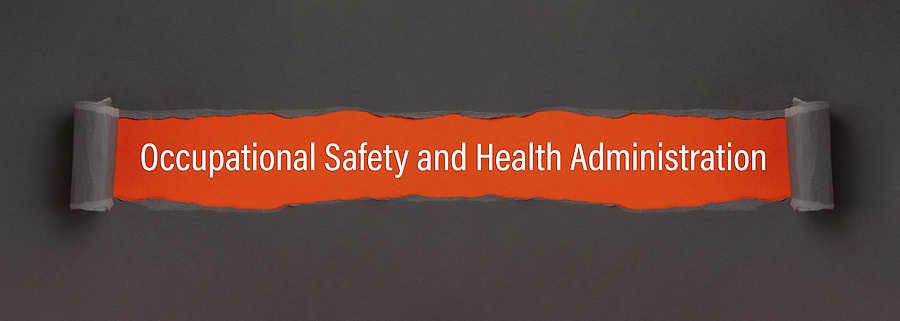OSHA Reporting— Top Factors Why It’s Criticially Important to Your New Mexico Company

When someone gets injured at work, the first thing that comes to their mind is, “We need to report this to the Occupational Health and Safety Administration.” Instead, the first step should be to seek medical assistance, identifying and correcting the root of the occurrence. An evaluation of the economic effects follows, including workers’ compensation, lost productivity, and future legal claims, among other things.
However, while OSHA reporting and recordkeeping may not be as urgent as dealing with an unconscious employee or an overturned forklift, they are essential for environmental health and safety administration. An event that isn’t recorded and reported promptly can cost many companies a lot of money since the minimum penalty for a single late, or missing report is $5,000.
The Importance of OSHA Recordkeeping
While it is unquestionably preferable to avoid regulatory fines, several additional reasons to place a high priority on recordkeeping and reporting. Look at the following advantages highlighted by OSHA:
- Keeping track of injuries and accidents can help with injury and accident prevention.
- Records may reveal patterns and themes in the difficulties troubling a facility. As a result, if you can predict what’s going to happen, you can safeguard your workers in a proactive manner (rather than just responding to occurrences), which is the ultimate purpose of any EHS program.
- The use of data assists in the identification of issue areas and procedures that may be used to rectify dangerous working situations.
The more knowledge you have, the better equipped you are to recognize and mitigate current dangers. If you go one step further and do an in-depth analysis of the data, you will be able to identify holes and inadequacies in your safety program. You may discover that personnel require more training or that a particular operation is prone to mistakes.
- Improve the administration of the company’s safety and health initiatives.
Once again, the most reliable approach to measuring the effectiveness of your program is through recorded data collection. Using your data, you can see if you are improving your safety results objectively and measurably or not.
Fourth, when employees’ safety knowledge develops, they are more apt to adopt safe practices and report potential dangers to management.
Recordkeeping and occupational safety are intertwined in a positive feedback loop. In addition, the more you learn, the more awareness you’ll have throughout the institution in critical areas such as training or personal protective equipment. They have no reason not to protect themselves and keep an eye on their coworkers when they know that using personal protective equipment (PPE) leads to more safety.
Exemptions from OSHA Recordkeeping Requirements
Keep in mind that while maintaining records is nearly always a good idea, it isn’t needed in every situation.
Small businesses are excluded from most OSHA recordkeeping requirements. If you have ten or fewer employees consistently throughout the year, you are exempt from maintaining safety records. If you do not choose to fill out OSHA 300, 301, or 300A forms, you are not required to do so.
Companies in low-hazard sectors are only partially excluded from the requirement. If your business operates in what OSHA considers a “low-hazard industry,” you must still comply with OSHA’s claim reporting requirements. Still, you are not obliged to keep OSHA 300 records (although doing so remains a best practice). The first step is to identify your North American Industry Classification System (NAICS) code. You may check if your code appears on OSHA’s list of partially exempt industries. The second step is to evaluate whether your work environment is considered low danger. Always remember that we are talking about limited exemptions here. If OSHA or any other government agency wants you to keep these forms, like when the Bureau of Labor Statistics does a random sampling and keeps them on file all year, you are still responsible for them.
Whether they are exempt or not, all companies must report workplace fatalities and serious injuries. In addition, if you do keep OSHA logs, be sure you keep them for a minimum of five years.
To return to the topic stated in the headline of this article, is it essential to comply with OSHA recordkeeping rules in your workplace? Several businesses have given a resounding “yes” as an answer. For the others, the answer is a resounding “yes, you probably should.” Whether your business’s status as an exempt organization, maintaining accurate records is a recommended management practice. Additionally, documents might assist you in preventing an increase in your workers’ compensation payments.
